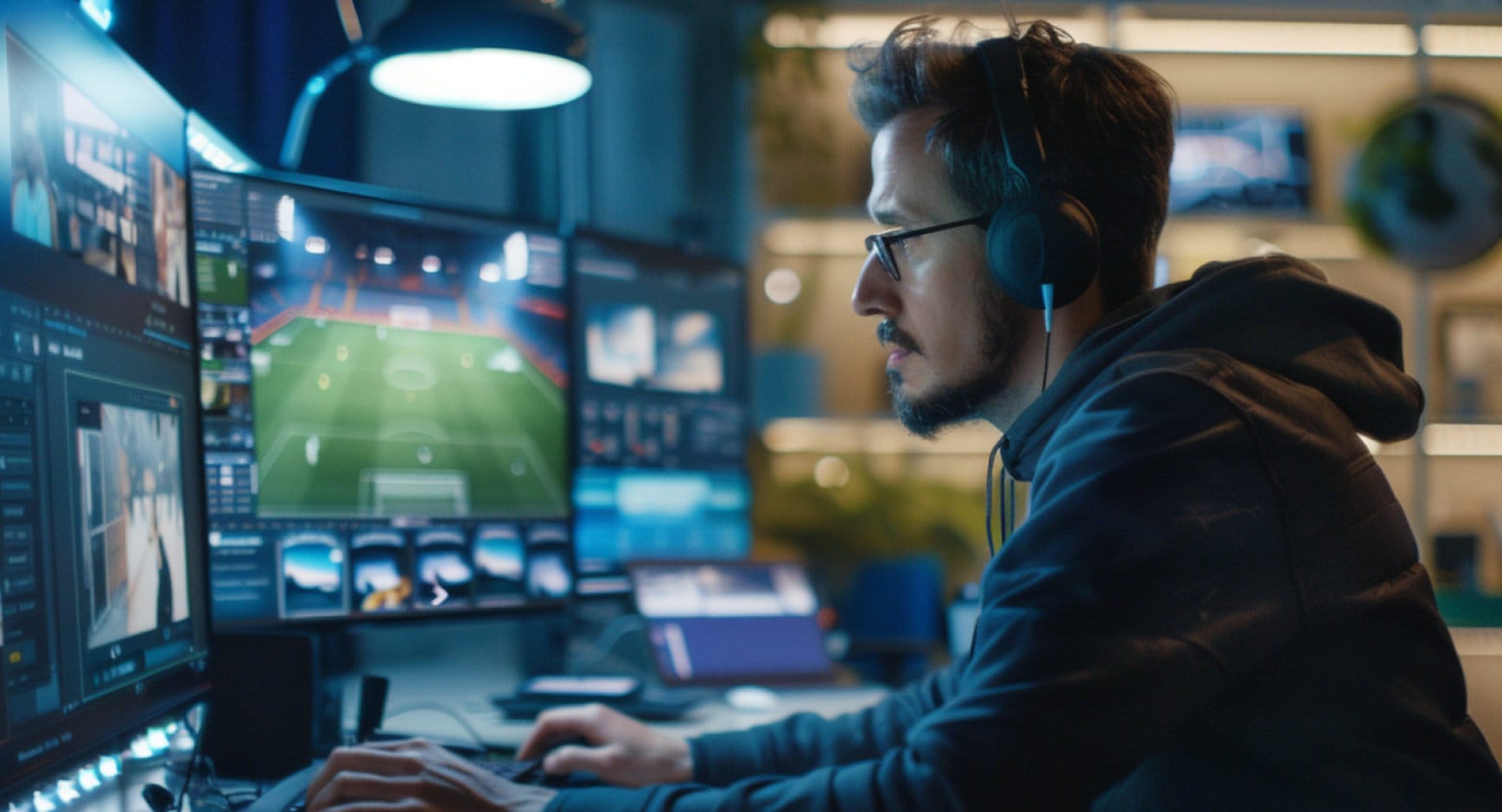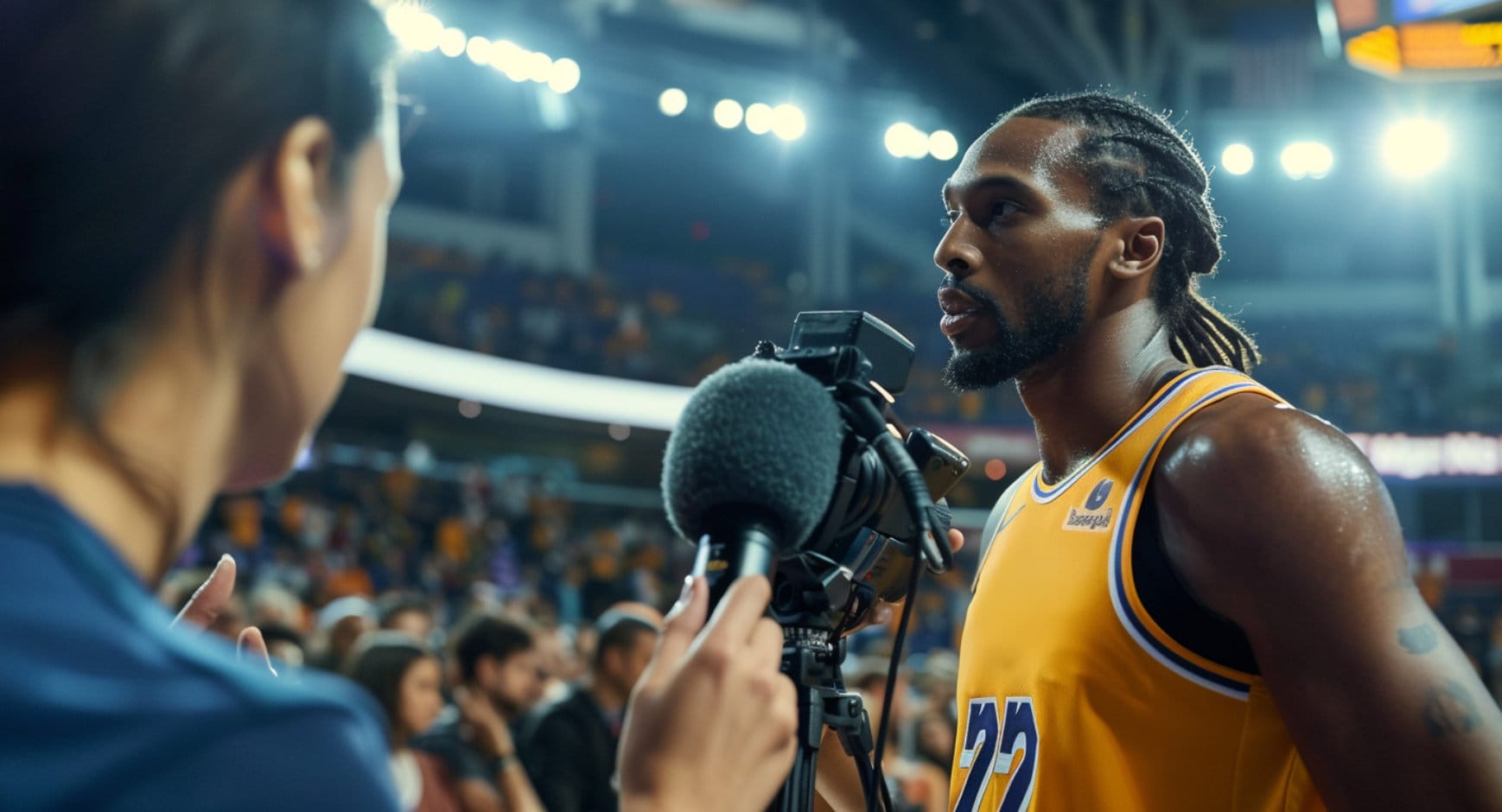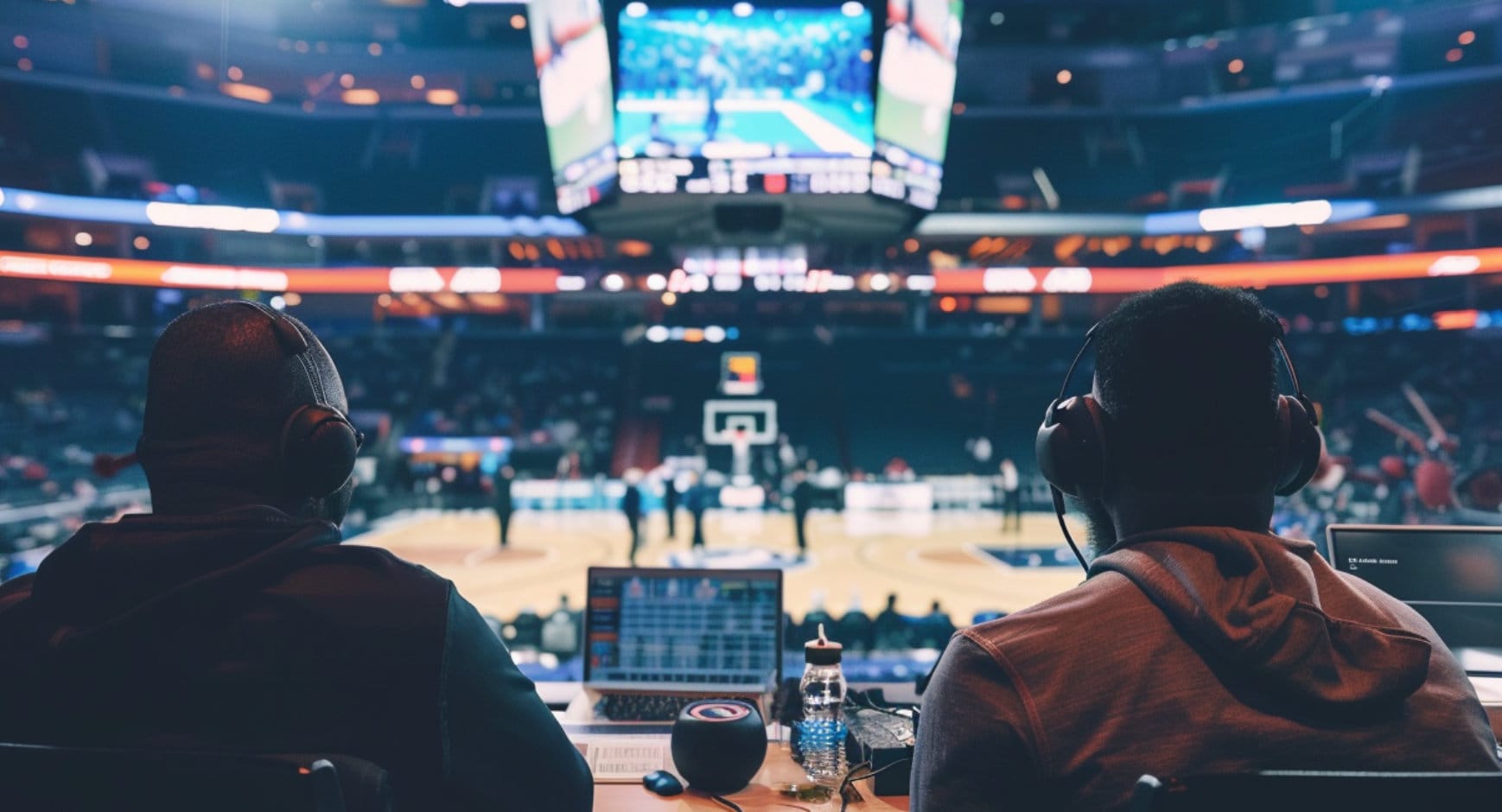WSC Sports, the pioneer in AI-powered sports content technology, empowers the NBA, ESPN, YouTubeTV, LaLiga and 490 other sports organizations to connect with their fans through AI-tailored sports content experiences. WSC Sports’ platform automates the creation, management and distribution of content, enabling sports rights holders to expand reach, grow fan bases, and unlock revenue opportunities across digital platforms.

Generative AI first burst into our lives in late 2022 and since then the hype surrounding this phenomenon has only increased. Now, as we head into 2025, it’s the perfect juncture to reflect on what we’ve learned about its application in the sports media industry to date, and what we expect from GenAI and large language models (LLMs) in the realm of sports in the near future.
Just like other industries, GenAI is poised to have a massive impact on sports, specifically sports content. With the help of GenAI, any type of content, including text, audio files, images, and videos, can potentially be created, shared, and recommended to fans. But it’s not limited to content assets, GenAI has the potential to create new products and drastically enhance fan experiences. What makes GenAI’s introduction to sports so fascinating is exploring the right way to blend GenAI into the unscripted world of live sports.

The Opportunity for Rights Holders
Streamlining Manual Workflows and Boosting Efficiency
With GenAI and LLMs, and its ability to create text that sounds natural, content that once took hours to produce can be automated and published in near-real time with minimal to no manual revisions.
Specific examples of content can be:
- Social media posts
- News articles
- Match centres
- Video titles and descriptions
- Copy for push notifications
Customizing Content for Different Audiences:
Since creating content is no longer an obstacle, sports organizations can focus on creating content for targeted audiences. For example, GenAI can help rights holders easily create match commentary for video highlights in multiple languages to serve different audiences based on location. One way to do this is by using GenAI to generate scripts from a regular match commentary and then translating them into multiple languages, accents, tones and styles.
Taking the creativity a step further, GenAI could help match commentary be delivered in the style of someone rapping, or in a way that’s suited for younger audiences, for example, with an AI avatar that helps explain the game being played or the highlight they’re about to watch. The potential is huge and sports organizations need to take advantage of it to make sure they connect to all of their fans in ways that were never available to before.
Generating New Revenue Streams:
A recent third-party study from Sports Media Advisors (SMA) suggests that GenAI can potentially enable rights holders to unlock an additional 3-10% of their media rights value, similar to how other products and technologies have impacted the market previously, such as digital content, betting, or gaming.
With GenAI, new commercial opportunities might arise from licensing new types of content or by offering new premium direct-to-consumer experiences. As the technology continues to mature, creating new intellectual property (IP) will become easier, faster, and more affordable, and will present media rights owners with fresh opportunities to commercialise that IP.

Understanding GenAI’s Limitations
GenAI will undoubtedly play an important role in sports organizations’ content strategies and in growing their future commercial value, but it’s also important to understand the technology and its constraints.
As users, we’re used to ChatGPT, Claude, and other GenAI-based services providing inaccurate information. We’ve learned to live with and accept this as part of the way we use various GenAI-based products. While these solutions are pretty good at answering virtually any type of prompt, they’re usually not good enough when it comes to more specialized subjects, including being experts in sports content.
In the past year, several GenAI applications emerged in the sports world. Most of them, however, were ultimately unsuccessful. Not necessarily because they were GenAI-based, but because of the same reasons why many companies have failed to deliver high-quality AI products over the past decade, trying to provide a domain-specific solution using a generic AI model.
Unlike users of standard GenAI solutions, who expect a degree of inaccuracy, sports fans are not so forgiving when it comes to the content they consume. They expect a different experience, one that relies on certain levels of quality. It’s important to remember they are fans at the end of the day, not users, so extra care is needed when considering serving GenAI-based content, to maintain a high-level overall experience that looks genuine and doesn’t compromise on audio, video, captions, etc.
More recently, we’ve seen a new phase of GenAI products emerge. These are dedicated solutions that serve specific verticals. By having a domain-specific solution, the desired results and output are more accurate and look more professional. Dedicated GenAI solutions and LLMs in the legal and medical fields, albeit very different fields from the sports world, are examples where real value is being delivered.
To build a successful AI solution for the sports media industry, the executor must have a rare combination of very high technological competence and deep domain expertise while being ready to make ongoing improvements to meet fans’ expectations and desires.

A Dedicated Multimodal LLM for Sports
For over a decade, WSC Sports, the pioneer in AI-powered sports content technology, has empowered the NBA, ESPN, YouTubeTV, LaLiga and 490 other sports organizations to connect with their fans through AI-tailored sports content experiences.
In 2024, WSC Sports set up a department dedicated to developing new solutions involving GenAI. One key objective was building the world’s first LSM (large sports model). In collaboration with the biggest teams, leagues, federations, and broadcasters WSC Sports is committed to being a vanguard in developing the most cutting-edge GenAI tools to help its clients get the maximum return on their IPs and media rights.
So, in a world full of tech buzzwords and bubbles, is the hype around GenAI justified? Yes. Will its potential be realized? Most likely, yes. But rights holders should be proactive and play their cards right.

